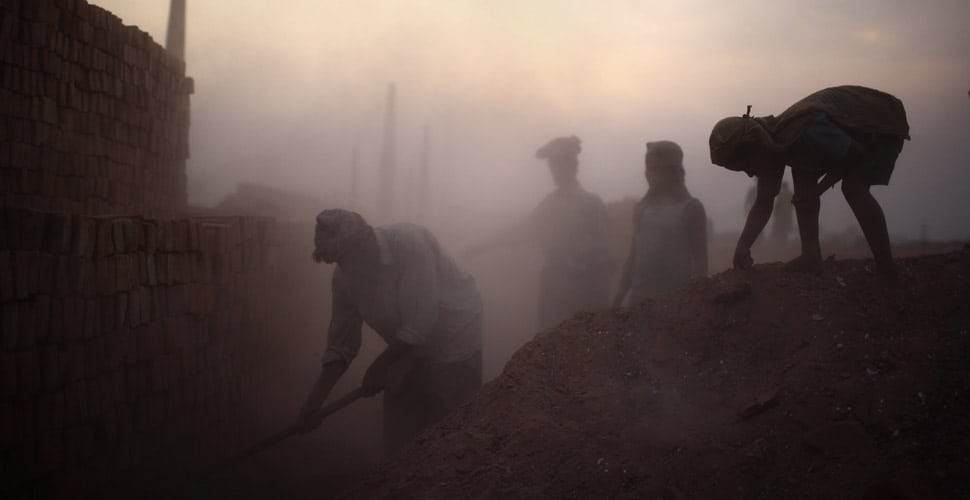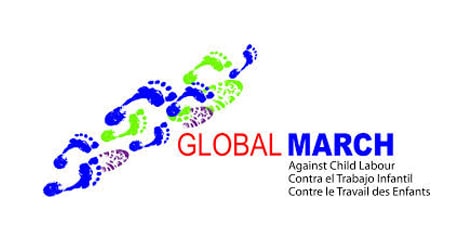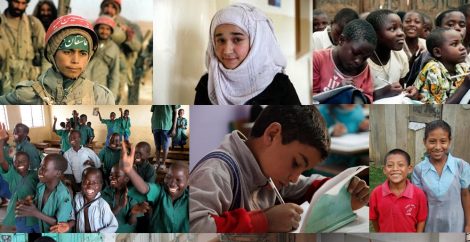Goal:
Call on the Indian Parliament to immediately pass the Child Labor (Prohibition and Regulation) Amendment Bill and end child slavery in India.
Summary:
Millions of children, some as young a 5-years-old, are kept from school in order to toil long hours throughout India in stone quarries, carpet factories, rice mills, etc. Many end up with crippling injuries, respiratory disorders, and chronic pain. Left illiterate, they face challenges to find employment as adults, causing an endless cycle of slavery, illiteracy, and poverty. The Indian Parliament was considering legislation which would prohibit employment of children up until 14 years of age, bring harsher sentences for violators of child labor laws, and provide monitoring of suspected instances of child slavery. Further delay was not acceptable, so we built a massive public pressure campaign that could not be ignored.
Outcome:
Following this campaign with our partner Global March Against Child Labor and pressure from other organizations, the Indian Parliament, on May 13, 2015 approved the Child Labor Amendment Act which bans employment of children under 14 years in all kinds of commercial enterprises. Unfortunately, this progress was undermined by the inclusion of an exception for work done in family enterprises, some of which is recognized as hazardous, such as the production of hand-rolled cigarettes, which tends to be a family business. Still, the changes to the Act will provide for harsher penalties for perpetrators. We continue to be vigilant in monitoring abuses and looking for opportunities to bring about positive change.






-
Follow us on Facebook
5.6M
-
Follow us on Twitter
32K
-
Follow us on Instagram
8K
-
Subscribe to our Youtube
5.7K
Donate